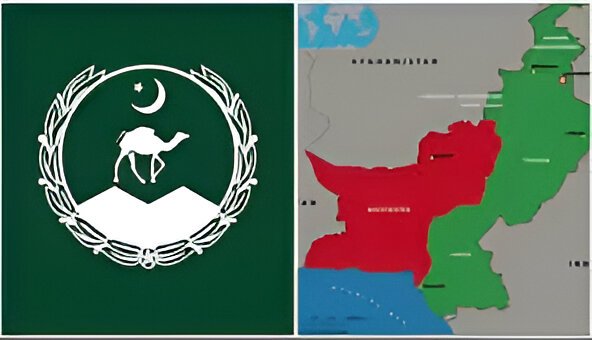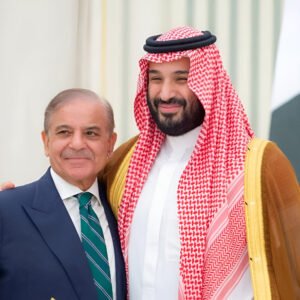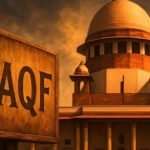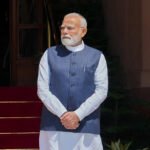
In a striking turn of events that has created tremors across South Asia, Baluch nationalists have now declared that Balochistan has seceded from Pakistan, thus proclaiming the “Republic of Balochistan.” The declaration, which was made by the leading activist Mir Yar Baloch, has gone viral, sparking international interest as well as calls for recognition from India, the UN, and other international bodies.
As with many other region-wide movements, the Baloch struggle for autonomous independence is encased in history. The state of Kalat, which now forms the core of modern Balochistan, in 1947 partition British India, declared independence, and was then forcefully merged into Pakistan in 1948, a move never accepted by Baloch nationalists. Over the years, Balochistan has witnessed multiple armed uprisings (1958-59, 1962-63, 1977-73, 2003-present) accompany widespread civil unrest, all of which stem from anger surrounding political alienation and resource strangulation.
What Goes Behind ‘Now?’ The Circumstances Leading to the Announcement
The most recent declaration comes after the Pahalgam terror incident and India’s counter-terror operation Sindoor targeting terror camps in Pakistan and PoK, which severely escalated tensions between the two countries. Baloch leaders, detecting a wavering moment in the geopolitical landscape, have sought the opportunity to put forth their case and make it more pronounced. Activist Mir Yar Baloch, along with others, has quoted decades of violence, enforced disappearances, and systematic human rights abuses perpetrated by the Pakistani state as the primary motivators behind their renewed struggle for statehood.
Balochistan’s Strategic and Economic Importance
Pakistan’s largest province by area, Balochistan, is richly endowed with natural assets, including natural gas, coal, copper, and gold. The province is home to Pakistan’s richest reserves of coal and gold. Even though the region provides almost 40% of Pakistan’s gas, Balochistan is the laggard province in terms of human development. Geopolitically, the province is strategically located at the crossroads of Iran and Afghanistan and accommodates the Gwadar port, which is a centerpiece in China’s Belt and Road Initiative. Nationalists from the region of Baloch staunchly claim that Islamabad has been mercilessly culling all of these resources to further fuel the resentment and resulting independence strife.

The Declaration: Social Media, Symbols, and Appeals Internationally
The announcement proclamation of the independence came with a massive rise in online activism, where people started to tweet with the #RepublicOfBalochistan, which began to circulate the proposed flag and blueprints widely. Mir Yar Baloch, in a series of posts, appealed directly to Indian Prime Minister Modi and the United Nations for recognition and support, even requesting Delhi to set up an official Balochistan embassy. Throughout Balochistan, public demonstrations in support of independence are being reported with slogans proclaiming Baloch-India friendship and condemning Pakistan’s hegemony.
Goals and Strategies for the Proposed New Republic
The leaders of Baloch issued a proclamation for the new republic, announcing Quetta as the political capital, Gwadar as the commercial capital, and Hinglaj Mata Mandir as the religious center. They issued a call for immediate recognition, the rest of Pakistan’s forces to withdraw, and the instantaneous release of money needed to print passports and currency. One of the principal militant factions, the Baloch Liberation Army (BLA), has sharpened its campaign rule and launched more than 70 attacks throughout the province as part of a larger secessionist initiative.
Responses at the Regional and Global Level
This declaration heightened Indo-Pakistani tensions, with Baloch ethnic leaders openly backing Indian claims on PoK and urging the global community to compel Pakistan to retreat from the occupied areas. Although Islamabad has not given an official response, the situation highlights Pakistan’s internal unity and the Baloch independence movement’s persistent volatility.
The establishment of the Republic of Balochistan marks some progress in a protracted struggle, which has considerable consequences for Pakistan’s stability, resource management, and even its future territorial integrity.











